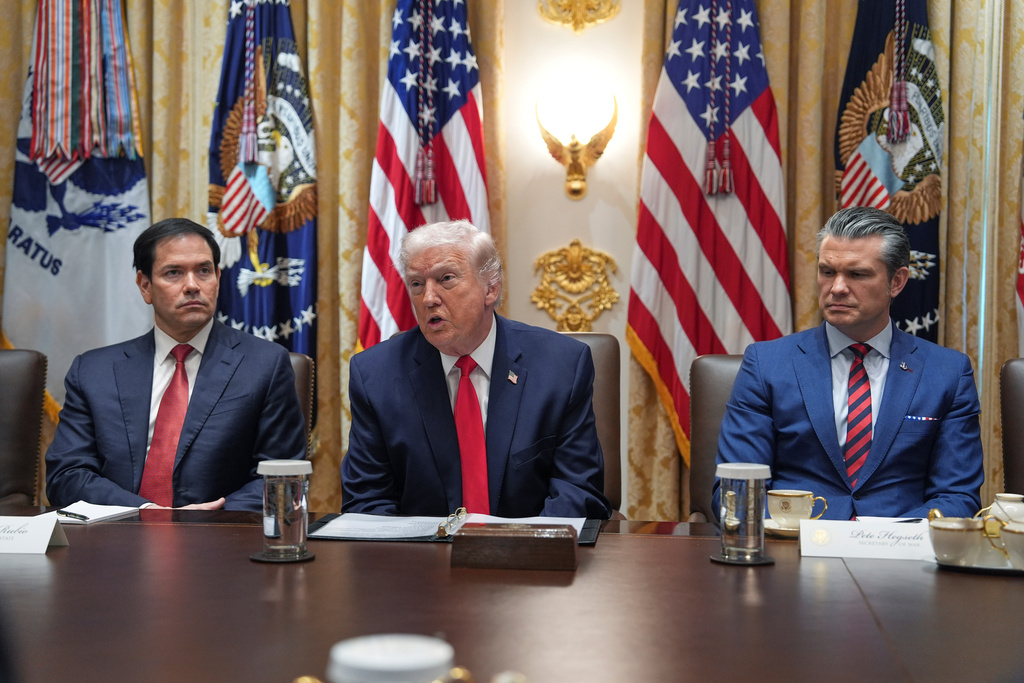The US Senate has postponed the completion of the Cryptocurrency Market Structure Act, extending bipartisan negotiations into December. This delay follows the reopening of the government and has introduced new uncertainty into the digital asset markets, impacting major cryptocurrencies such as Bitcoin, Ethereum, and various stablecoins. Initially, lawmakers aimed to finalize the draft before Thanksgiving, but complex discussions around regulatory jurisdiction and oversight of decentralized finance (DeFi) have complicated the timeline.
The Senate’s decision to extend negotiations comes after weeks of internal talks that followed the recent government shutdown, which had disrupted legislative activities. The act is viewed as a critical regulatory milestone for the crypto community, with its outcomes potentially defining the legal classifications and rights of digital assets under US law.
Bipartisan Talks Face Challenges
The momentum of the bill has been stymied by extensive discussions among senators regarding the treatment of DeFi platforms and the regulation of stablecoins. One version supported by the Senate Agriculture Committee includes sections marked in brackets, indicating that key policy issues are still under debate. Recently, David Sacks, the White House Crypto and AI Czar, participated in a conference call with the bill’s primary sponsors, Senators John Boozman and Cory Booker. Sacks described the discussions as productive, although he acknowledged that several points remain unresolved.
Insiders have indicated that a draft of the bill might emerge soon, but as of now, no formal text has been produced. The Senate is expected to revisit the issue when Congress reconvenes after the December recess, although the precise timing is uncertain.
Reactions from Lawmakers and Industry Leaders
Responses from lawmakers and industry leaders reflect the ongoing discussions. Vitalik Buterin, co-founder of Ethereum, has urged legislators to approach regulation with nuance, emphasizing the need to differentiate between decentralized protocols and centralized platforms. His comments highlight concerns that overly broad regulations could hinder blockchain innovation.
Arthur Hayes, a founder of BitMEX, has called for more rapid guidance from regulators to bolster confidence among institutional investors. He noted that the current ambiguity surrounding regulatory policies is contributing to price volatility in leading cryptocurrencies like Bitcoin and Ethereum.
Senator Cynthia Lummis characterized the ongoing conversations as “very detailed but highly useful.” Her remarks came shortly after the federal government reopened, allowing committees such as the SEC and CFTC to fully engage in the bill drafting process.
The incomplete legislation carries significant implications for the regulatory landscape of digital assets in the US. It aims to clearly define digital commodities and securities, addressing a long-standing conflict between regulators and industry stakeholders. Analysts suggest that, once regulatory clarity is achieved, compliance standards for exchanges, stablecoin issuers, and DeFi operators may evolve significantly.
The procedural delay prolongs uncertainty for investors who are seeking a well-defined policy environment. Meanwhile, other global jurisdictions are advancing their regulatory frameworks. The Bank of England recently announced plans to publish a consultation paper on stablecoin regulation, adding pressure on US lawmakers to accelerate their efforts.
As discussions resume in December, the question remains: will the US Senate finalize a comprehensive crypto market structure, or will further deliberations disrupt the digital economy? The outcome of these negotiations could shape the future of Bitcoin regulation, DeFi oversight, and stablecoin policies, significantly impacting global crypto legislation.
In conclusion, the US Senate’s hesitation in finalizing the Cryptocurrency Market Structure Act has created a cloud of uncertainty over digital markets. As bipartisan talks continue, the decisions made in December could determine the trajectory of cryptocurrency regulation in the United States and beyond.







